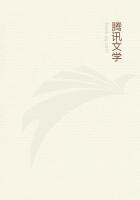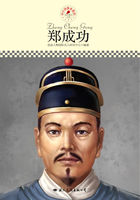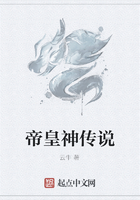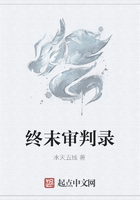This mode of conceiving ourselves and human life, as civilisation goes on, is felt to be more and more natural. Every step in political improvement renders it more so, by removing the sources of opposition of interest, and levelling those inequalities of legal privilege between individuals or classes, owing to which there are large portions of mankind whose happiness it is still practicable to disregard. In an improving state of the human mind, the influences are constantly on the increase, which tend to generate in each individual a feeling of unity with all the rest; which, if perfect, would make him never think of, or desire, any beneficial condition for himself, in the benefits of which they are not included. If we now suppose this feeling of unity to be taught as a religion, and the whole force of education, of institutions, and of opinion, directed, as it once was in the case of religion, to make every person grow up from infancy surrounded on all sides both by the profession and the practice of it, I think that no one, who can realise this conception, will feel any misgiving about the sufficiency of the ultimate sanction for the Happiness morality. To any ethical student who finds the realisation difficult, I recommend, as a means of facilitating it, the second of M. Comte's two principle works, the Traite de Politique Positive. I entertain the strongest objections to the system of politics and morals set forth in that treatise; but I think it has superabundantly shown the possibility of giving to the service of humanity, even without the aid of belief in a Providence, both the psychological power and the social efficacy of a religion; making it take hold of human life, and colour all thought, feeling, and action, in a manner of which the greatest ascendancy ever exercised by any religion may be but a type and foretaste; and of which the danger is, not that it should be insufficient but that it should be so excessive as to interfere unduly with human freedom and individuality.
Neither is it necessary to the feeling which constitutes the binding force of the utilitarian morality on those who recognise it, to wait for those social influences which would make its obligation felt by mankind at large. In the comparatively early state of human advancement in which we now live, a person cannot indeed feel that entireness of sympathy with all others, which would make any real discordance in the general direction of their conduct in life impossible; but already a person in whom the social feeling is at all developed, cannot bring himself to think of the rest of his fellow creatures as struggling rivals with him for the means of happiness, whom he must desire to see defeated in their object in order that he may succeed in his. The deeply rooted conception which every individual even now has of himself as a social being, tends to make him feel it one of his natural wants that there should be harmony between his feelings and aims and those of his fellow creatures. If differences of opinion and of mental culture make it impossible for him to share many of their actual feelings- perhaps make him denounce and defy those feelings- he still needs to be conscious that his real aim and theirs do not conflict; that he is not opposing himself to what they really wish for, namely their own good, but is, on the contrary, promoting it. This feeling in most individuals is much inferior in strength to their selfish feelings, and is often wanting altogether. But to those who have it, it possesses all the characters of a natural feeling. It does not present itself to their minds as a superstition of education, or a law despotically imposed by the power of society, but as an attribute which it would not be well for them to be without. This conviction is the ultimate sanction of the greatest happiness morality. This it is which makes any mind, of well-developed feelings, work with, and not against, the outward motives to care for others, afforded by what I have called the external sanctions; and when those sanctions are wanting, or act in an opposite direction, constitutes in itself a powerful internal binding force, in proportion to the sensitiveness and thoughtfulness of the character; since few but those whose mind is a moral blank, could bear to lay out their course of life on the plan of paying no regard to others except so far as their own private interest compels.
第一章Chapter 4 Of what sort of Proof the Principle of Utility is Susceptible.
IT HAS already been remarked, that questions of ultimate ends do not admit of proof, in the ordinary acceptation of the term. To be incapable of proof by reasoning is common to all first principles; to the first premises of our knowledge, as well as to those of our conduct. But the former, being matters of fact, may be the subject of a direct appeal to the faculties which judge of fact- namely, our senses, and our internal consciousness. Can an appeal be made to the same faculties on questions of practical ends? Or by what other faculty is cognisance taken of them?
Questions about ends are, in other words, questions what things are desirable. The utilitarian doctrine is, that happiness is desirable, and the only thing desirable, as an end; all other things being only desirable as means to that end. What ought to be required of this doctrine- what conditions is it requisite that the doctrine should fulfil- to make good its claim to be believed?















